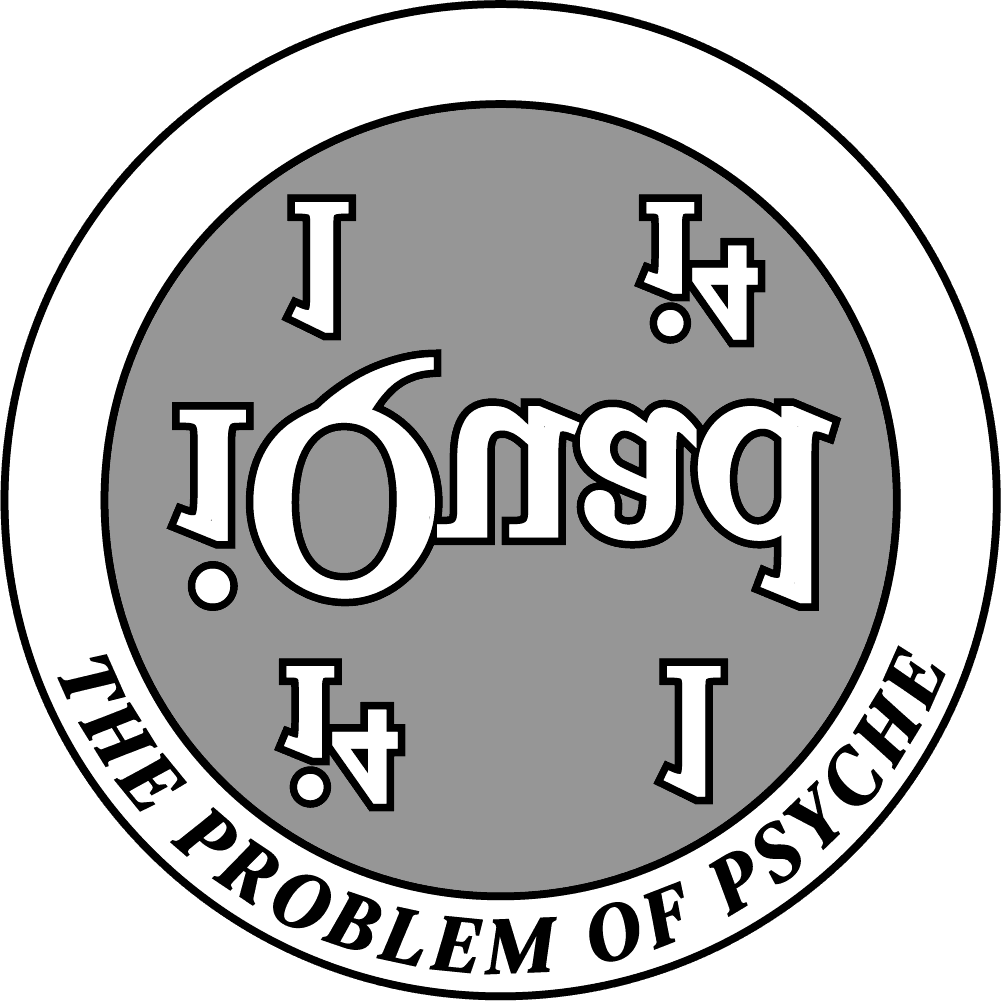The Problem of the Psyche is one of the four critical challenges UTOK confronts, alongside the Enlightenment Gap, the Problem of Psychology, and the Problem of Psychotherapy. It explores the nature of subjective experience and how UTOK offers a cohesive approach to integrating the psyche into a scientific framework.
The Enlightenment Gap and Its Legacy
To grasp the Problem of the Psyche, we must first explore the historical backdrop of the Enlightenment Gap. The Enlightenment, a period marked by significant advancements in science and philosophy, emphasized objective, empirical knowledge. However, this focus on third-person, observable phenomena created a divide between objective scientific knowledge and subjective human experience.
Science and Subjectivity: A Fractured Relationship
Modern empirical natural science, flourishing during the Enlightenment, employs a third-person perspective characterized by objectivity and generalizability. This epistemology, which excludes the subjective observer, aims to produce systematic, empirical observations that can be universally accepted. While this approach has driven remarkable scientific progress, it has also marginalized subjective, phenomenological knowledge—what we experience as individuals in the world.
The Nature of the Psyche
In UTOK, the psyche refers to an individual's unique, subjective experience of being. This concept transcends the objective frameworks of science, highlighting a crucial aspect of human existence that cannot be fully captured by third-person empirical methods.
The Subjective-Objective Divide
The Problem of the Psyche stems from the Enlightenment's inability to place subjective knowledge in proper relation to scientific knowledge. Subjective experiences were often deemed erroneous or biased, overshadowed by the objective claims of science. This oversight has led to a fragmented understanding of the human condition, where the richness of individual experiences is undervalued.
UTOK's Resolution: Integrating Science and Subjectivity
UTOK seeks to bridge this gap by achieving consilience between the unique subjective perspective of individuals, cultural justification systems, and the generalized, objective framework of scientific knowledge. This integration is crucial for a holistic understanding of human psychology and behavior.
The iQuad Coin: Framing the Psyche
One of UTOK's innovative tools for addressing the Problem of the Psyche is the iQuad Coin. This conceptual model frames each person's unique "Human Identity Function," representing how we qualitatively experience the world and identify ourselves in the moment. The iQuad Coin symbolizes the complex interplay between subjective experience and objective reality, providing a coherent structure for integrating these dimensions.
The Tree of Knowledge System: Mapping Scientific Understanding
The Tree of Knowledge (ToK) System is another foundational element of UTOK, offering a descriptive metaphysical framework for scientific knowledge. It maps the evolution of complexity from the Big Bang to the present, encompassing matter, life, mind, and culture. By situating human experience within this broader context, the ToK System helps reconcile the subjective and objective aspects of knowledge.
The Role of Justification Systems
UTOK emphasizes the importance of justification systems—networks of propositions that legitimize what is and ought to be. These systems are shaped by socio-historical contexts and play a vital role in framing our understanding of the world. UTOK's approach integrates subjective, objective, and intersubjective vectors of knowing, providing a comprehensive framework for human knowledge.
The Garden of UTOK: Cultivating Collective Wisdom
The Garden of UTOK represents the intersubjective vector of knowing, emphasizing the role of cultural narratives and collective wisdom. By integrating individual experiences with broader cultural and scientific frameworks, UTOK aims to cultivate a more coherent and comprehensive understanding of the human condition.
Psychological Well-being and Neurotic Suffering
UTOK also addresses psychological well-being and neurotic suffering, linking these concepts to the Problem of the Psyche. It identifies "triple negative neurotic loops" as a core source of neurotic suffering, where individuals react negatively to negative situations, leading to a cycle of vulnerability and defensiveness. UTOK offers tools like the CALM-MO approach to break these cycles and promote psychological mindfulness.
The CALM-MO Approach
CALM-MO stands for "CALM Mindful Awareness," a method for fostering psychological mindfulness. It involves becoming aware of one's negative reactions and learning to respond in healthier, more adaptive ways. By addressing the subjective experience of neurotic suffering, UTOK provides practical strategies for enhancing well-being.
Conclusion: Toward a Unified Understanding
The Problem of the Psyche highlights the challenges of integrating subjective experience with objective scientific knowledge. UTOK offers a comprehensive framework that bridges this divide, fostering a more holistic understanding of human psychology and behavior. By addressing the Enlightenment Gap and integrating the subjective, objective, and intersubjective dimensions of knowledge, UTOK paves the way for a more coherent and unified approach to understanding the human condition.
Links & Resources
Henriques, Gregg. The Core of UTOK: A Coherent Descriptive Metaphysical System for Science, Subjectivity, and Wise Collective Living. Medium, 2022.
Henriques, Gregg. A New Synthesis for Solving the Problem of Psychology: Addressing the Enlightenment Gap. Unified Theory of Knowledge, 2023.
Henriques, Gregg. The Unified Theory of Knowledge: A Short Book. Final Full Draft, 2024.
By exploring these references and engaging with the UTOK framework, we can deepen our understanding of the Problem of the Psyche and its implications for modern knowledge systems.





